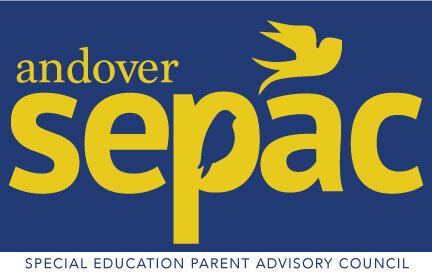
Frequently Asked Questions
What are my Basic Rights?
If your student is eligible for special education, the school district must provide a free appropriate public education commonly referred to by the acronym FAPE. In order to provide a FAPE the school district must work in partnership with you. You will be a member of the IEP team that will consider your student’s unique needs and develop an individualized education program IEP, for your student. The IEP must provide instruction that is tailored to your student’s unique needs and includes sufficient support services to enable your student to make meaningful educational progress and to assist your student in acquisition of knowledge and skills, including those necessary for social and emotional development according to appropriate chronological and developmental expectations. Any special education services identified for your student must be provided at public expense with no cost to you. All students in the Commonwealth’s public education system, including students with disabilities, are entitled to the opportunity to learn the material that is covered by the academic standards in the Massachusetts curriculum frameworks. Massachusetts also provides an individual right to FAPE for its resident students with disabilities who attend private schools at private expense, and who seek public special education services.
Massachusetts Laws about Special Education - note this includes links to Federal Laws
Parents Information from the Department of Elementry and Secondary Eduction (DESE)
What are Procedural Safeguards?
Procedural safeguards are the specific rules that make sure that you know what the school district is proposing to do (“receive notice”), agree with the school district’s plan (“give parental consent”) and have a range of opportunities for resolving disagreements with the school district (“due process”).
Resources:
What are the 13 special education eligibility categories?
When a child's education is adversely affected by a disability, a child may be eligible for Special Education - the categories of disability recognized by IDEA - the nation’s special education law is called the Individuals with Disabilities Education Act include:
Autism
Deaf-blindness
Deafness
Developmental delay
Emotional disturbance
Hearing impairment
Intellectual disability
Multiple disabilities
Orthopedic impairment
Other health impairment
Specific learning disability
Speech or language impairment
Traumatic brain injury
Visual impairment, including blindness
As part of making special education and related services available to children with disabilities in the public schools, Part B of IDEA defines the term “child with a disability” and the definitions may be found here.
The State of MA and DESE has provided this information including definitions to help understand the categories of Disability as they relate to Education.
The Center for Parent Resources provides additional information on categories.
What is the difference between an IEP and 504?
Both Individualized Education Programs (IEPs) and 504 plans can offer formal help for K–12 students who are struggling in school. They’re similar in some ways but very different in others. View a chart that compares them side by side to help you understand the differences.
What is an evaluation and how do I request one?
Under IDEA and its state regulations, a school district is required to fully evaluate any child who may need special education services "in all areas related to the suspected disability, including, if appropriate, health, vision, hearing, social and emotional status, general intelligence, academic performance, communicative status, and motor abilities." (34 CFR Sec. 300.304)
Resources:
